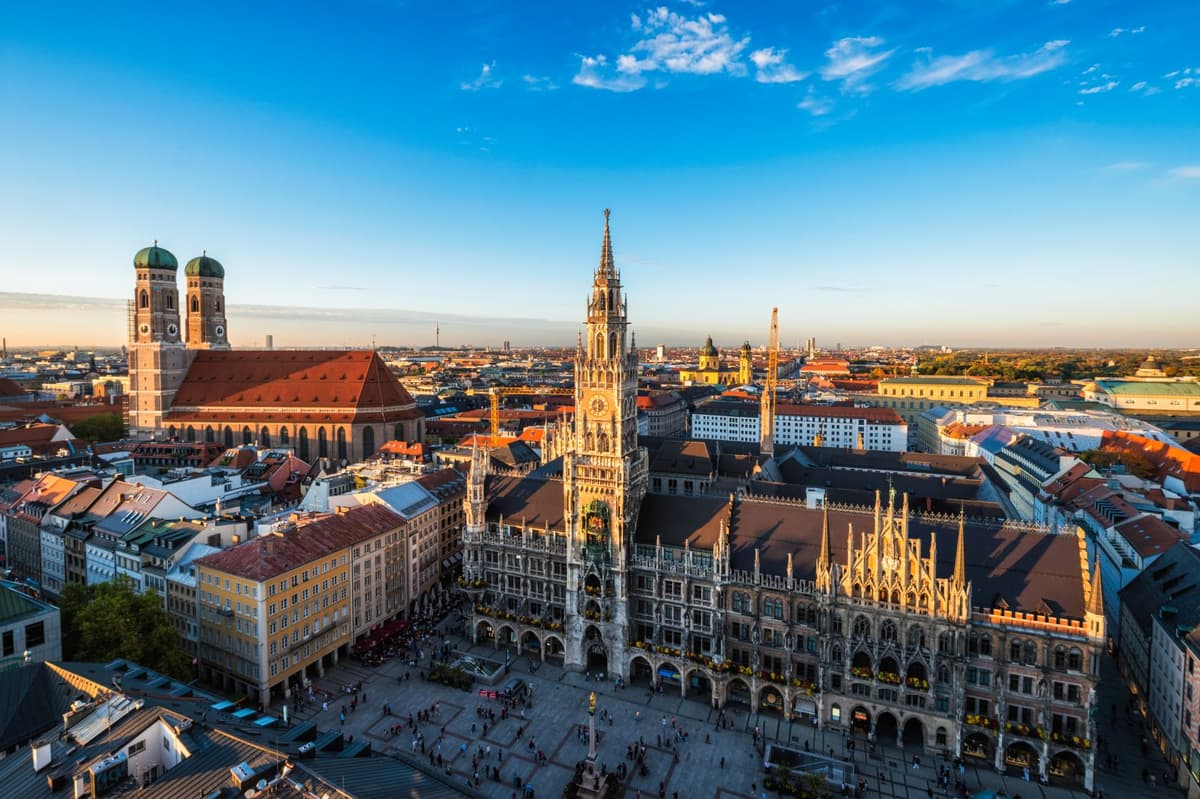In Portugal's Real Estate Market, Sustainability Is No Longer a Premium—It's Mandatory
For foreign investors eyeing property in Portugal, the rules of the game have changed. Sustainability is no longer a bonus that earns a 'green premium' but has become a mandatory requirement. Assets that don't meet high ESG (Environmental, Social, and Governance) standards are now at risk of significant devaluation and are being actively excluded from investment portfolios. According to a CBRE survey, a staggering 95% of investors now see sustainability as a critical factor in their decisions.
This shift means that the financial risk has flipped: instead of paying more for a green building, investors will now apply a 'brown discount' to properties that are not sustainable. The market now sees non-compliant buildings as fundamentally flawed assets.
Need Expert Guidance?
Get personalized insights from verified real estate professionals, lawyers, architects, and more.
What Foreign Investors Need to Know
"The financial and regulatory pressure is immense. An asset's energy certificate and sustainability features are now as important as its location," warns an asset manager. "EU regulations are forcing transparency on climate risk, and any property that isn't part of the solution is part of the problem—and will be valued accordingly." This new reality makes renovating existing buildings to meet green standards a top strategy for maximizing returns.
Actionable Steps for Today's Buyer- Prioritize Energy Efficiency: When buying, demand a property's energy performance certificate (EPC) and favor buildings with higher ratings (A or B). A lower rating could mean significant future renovation costs.
- Factor in Upgrade Costs: For older properties, conduct a sustainability audit to estimate the cost of necessary upgrades, such as improved insulation, solar panels, or efficient heating systems. Negotiate the price based on these future expenses.
- Verify 'Green' Claims: Look for official certifications like BREEAM or LEED, which provide third-party verification of a building's sustainability credentials.
- Think Long-Term Exit: Your ability to sell the property in 5-10 years will be heavily influenced by its sustainability performance. A non-compliant building will have a much smaller pool of potential buyers.
Explore opportunities with realestate-lisbon.com.





